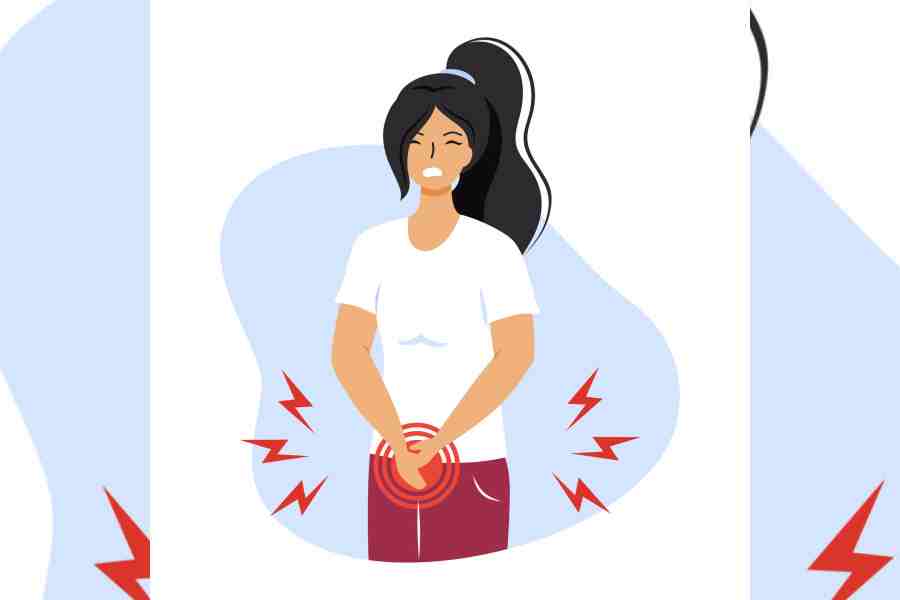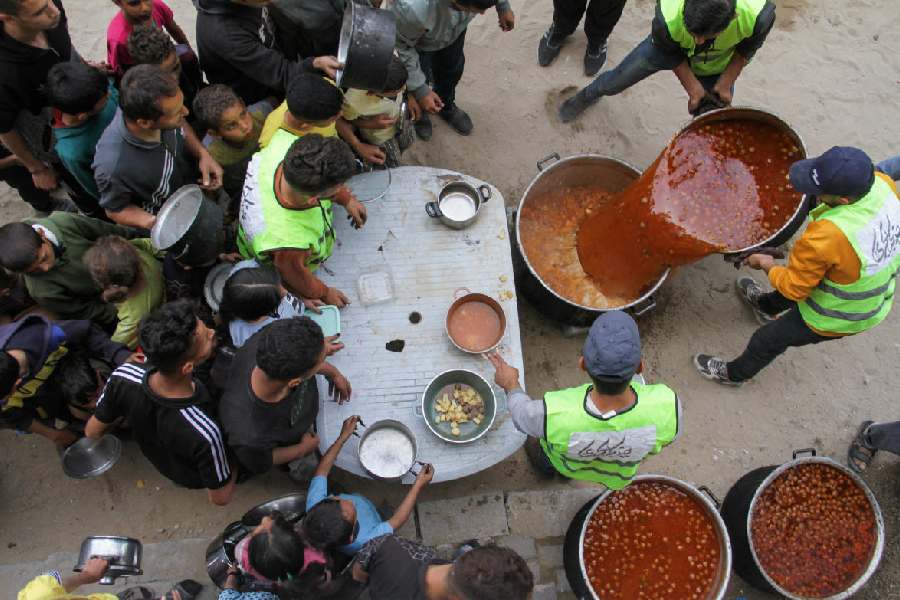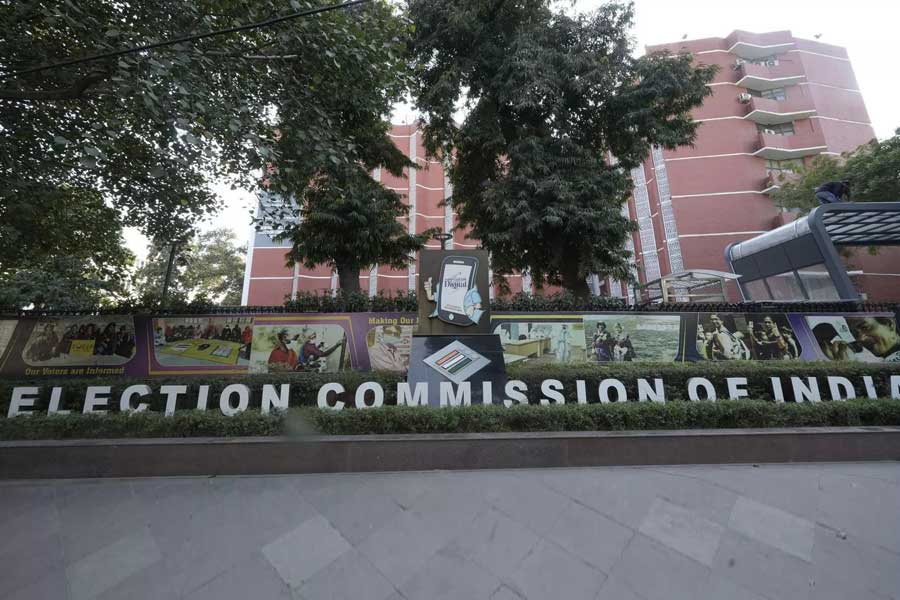Cystitis sounds like a minor problem, that is, until you experience the agony of trying to pass urine when you have a bladder infection. Men, women and even children can experience cystitis, especially during the summer months. Cystitis is commoner in women (though it does occur in men), and 20-40 per cent will have at least one cystitis attack during their lifetime.
Women are more prone to developing cystitis due to their tendency to hold urine and the likelihood of less frequent urination, especially in hot summer months and when toilet facilities are not readily available. Additionally, inadequate water intake during summer, combined with fluid loss through sweat and the skin, can contribute to a negative fluid balance in the body.
Urine is sterile when fresh, but even if a few drops are left behind in the bladder after voiding, it stagnates and provides a fertile medium for bacteria growth. Therefore, the bladder must be washed out with urination every three hours. Concentrated urine and infrequent voiding cause infection, and result in inflammation and pain.
The symptoms are typical and agonising, with frequent, painful, scanty, cloudy, blood stained even smelly urination. There may be a low-grade fever. In children, the symptoms are less specific. The child may be fretful, irritable, feed poorly and have unexplained fever or vomiting. Sometimes milestones such as bladder control regress, and there may be a relapse of bedwetting.
In some cases, the bladder may not empty efficiently, especially in women, due to factors such as menopause, obesity, fibroids, ovarian cysts or other pelvic tumours. In addition, cystitis, though less common in men, can occur due to issues like bladder or kidney stones or an enlarged prostate. Certain sexually transmitted diseases can also cause similar symptoms in both sexes.
The diagnosis of cystitis involves a urine examination, which may reveal the presence of blood, pus cells and bacteria. The urine itself may appear smelly and cloudy. It is important to culture the urine to identify the specific organism causing the infection, as this helps determine the appropriate antibiotic treatment. In the meantime, while waiting for results, drink at least four litres of water per day. To alleviate pain, sitting in a basin with warm water can provide temporary relief. Painkillers like paracetamol or mefenamic acid can also be used to relieve pain.
The urine can be alkalised by taking an over-the-counter mixture called citralka. One teaspoon of the mixture should be dissolved in 250ml of water and consumed three times a day after meals.
It is important to pause and resume urination, avoiding continuous streams. Lean backwards while using the toilet to facilitate proper urine flow.
Once the specific organism causing the infection is identified, targeted antibiotics can be prescribed. The duration of treatment usually lasts seven to 14 days, depending on the severity of the infection. It is important to complete the full course of antibiotics as prescribed, even if symptoms improve. Otherwise, the infection is likely to recur.
The infection can also be caused by obstructions such as fibroids, an enlarged prostate or stones. In that case, it is likely to recur unless the underlying issue is identified and treated. Also, if there is a prolapse of the uterus, in the initial stages pelvic floor exercises can help correct it. However, if the prolapse progresses, surgery may well be required to address the issue.
Maintaining good hygiene in the pelvic and vaginal area is essential. Avoid using irritating cleansing agents or douches. Always clean the area front to back, especially with children.
In conclusion, cystitis requires prompt diagnosis and appropriate antibiotic treatment as well as preventive measures to manage the condition and reduce the likelihood of recurrence.
The writer has a family practice at Vellore and is the author of Staying Healthy in Modern India. If you have any questions on health issues please write to yourhealthgm@yahoo.co.in










